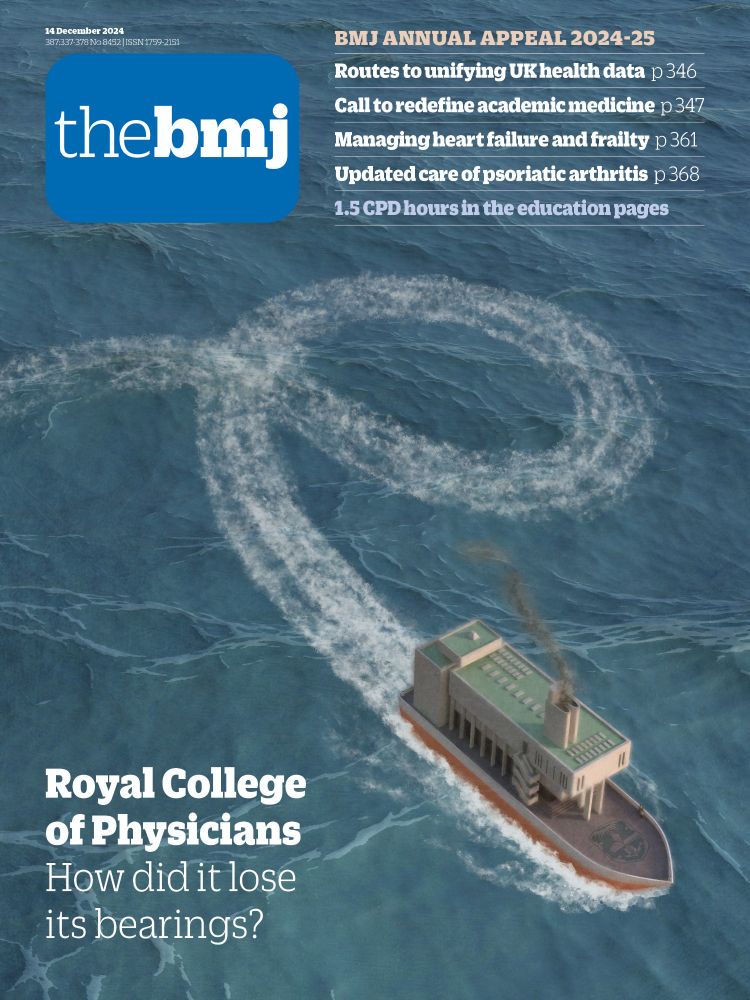

@brookenickel.bsky.social @tessacopp.bsky.social @emmagram.bsky.social @kmcfadden.bsky.social @jenna-smith.bsky.social @melodytaba.bsky.social @kirstenmccaffery.bsky.social
www.researchprotocols.org/2025/1/e76750/

We’ve focussed on 5 interventions targeting women across the lifespan like: #BoricAcidSuppositories, #FertilityTests, #MenopauseTests, #MenopauseTreatments and #HormoneTherapies.
Results coming soon!🤩

We’ve focussed on 5 interventions targeting women across the lifespan like: #BoricAcidSuppositories, #FertilityTests, #MenopauseTests, #MenopauseTreatments and #HormoneTherapies.
Results coming soon!🤩
Check out some of the latest research from social media interventions to alcohol lobbying registries to physical activity & green spaces 👇
doi.org/10.1093/heap...
doi.org/10.1093/heap...
doi.org/10.1093/heap...
doi.org/10.1093/heap...
doi.org/10.1093/heap...

Check out some of the latest research from social media interventions to alcohol lobbying registries to physical activity & green spaces 👇
doi.org/10.1093/heap...
doi.org/10.1093/heap...
doi.org/10.1093/heap...
doi.org/10.1093/heap...
doi.org/10.1093/heap...

@bmj.com www.bmj.com/content/389/...

@bmj.com www.bmj.com/content/389/...
Weight alone might not give an adequate picture of someone’s health, they say
www.bmj.com/content/389/...

Weight alone might not give an adequate picture of someone’s health, they say
www.bmj.com/content/389/...
New research led by our Postdoctoral Research Fellow Dr Brooke Nickel (@brookenickel.bsky.social) in JAMA Network Open titled "Social Media Posts About Medical Tests With Potential for Overdiagnosis"!
➡️ Read here: jamanetwork.com/journals/jam...
@jama.com

New research led by our Postdoctoral Research Fellow Dr Brooke Nickel (@brookenickel.bsky.social) in JAMA Network Open titled "Social Media Posts About Medical Tests With Potential for Overdiagnosis"!
➡️ Read here: jamanetwork.com/journals/jam...
@jama.com
www.nytimes.com/2025/02/26/w...

www.nytimes.com/2025/02/26/w...
www.theguardian.com/society/2025...

www.theguardian.com/society/2025...
We coded ~1,000 TikTok & Insta posts on 5 controversial medical tests: 87% hyped benefits, only 15% mentioned harms. 68% had financial ties.
👉 #Overdiagnosis
Study led by @brookenickel.bsky.social & @sydneyhealthlitlab.bsky.social 🌟
Read here👇
jamanetwork.com/journals/jam...

We coded ~1,000 TikTok & Insta posts on 5 controversial medical tests: 87% hyped benefits, only 15% mentioned harms. 68% had financial ties.
👉 #Overdiagnosis
Study led by @brookenickel.bsky.social & @sydneyhealthlitlab.bsky.social 🌟
Read here👇
jamanetwork.com/journals/jam...
Study: Social Media Posts About Medical Tests With Potential for Overdiagnosis jamanetwork.com/journals/jam...
- 87.1% mentioned benefits
- 14.7% noted harms,
- 6.1% noted overdiagnosis
[Read: you don't need that full-body MRI!]

Study: Social Media Posts About Medical Tests With Potential for Overdiagnosis jamanetwork.com/journals/jam...
- 87.1% mentioned benefits
- 14.7% noted harms,
- 6.1% noted overdiagnosis
[Read: you don't need that full-body MRI!]
www.bmj.com/content/387/...
poorly (or not) regulated
Misleading or partial information
An industry built on fear
See also
www.thelancet.com/journals/lan...

www.bmj.com/content/387/...
poorly (or not) regulated
Misleading or partial information
An industry built on fear
See also
www.thelancet.com/journals/lan...


